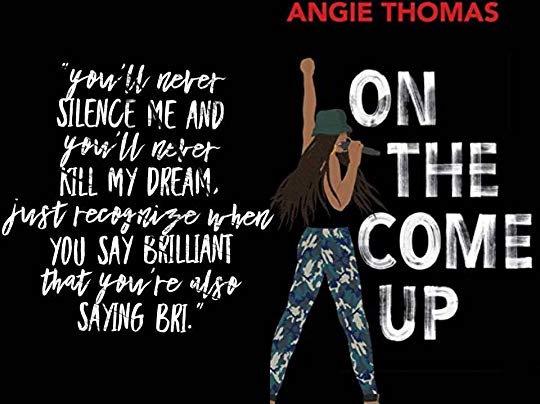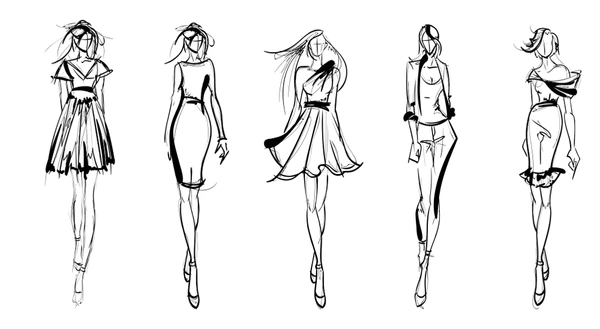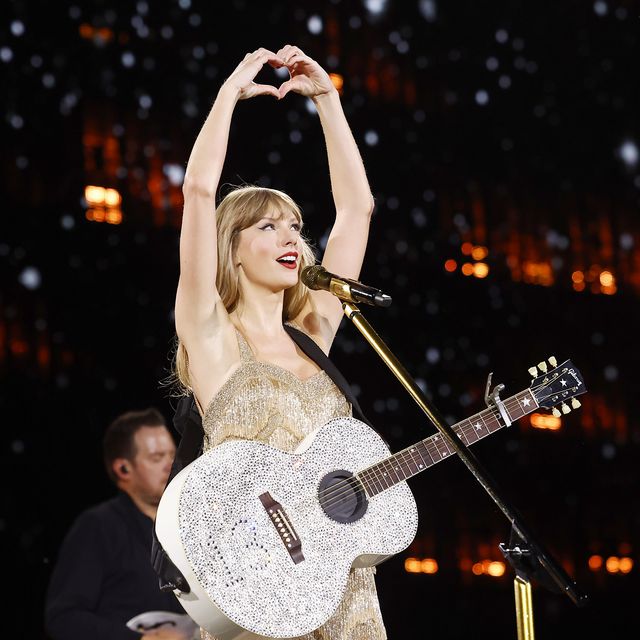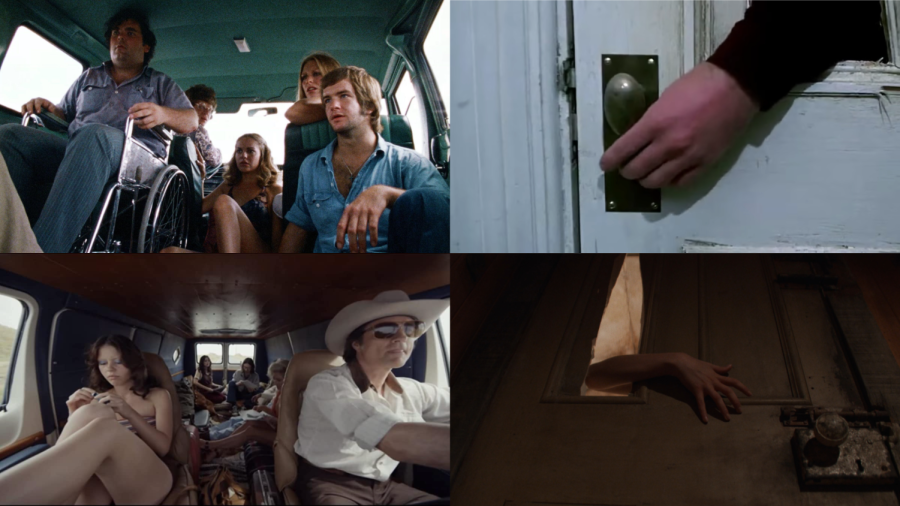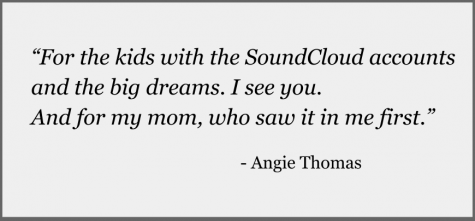
Back with her second novel after The Hate U Give, Angie Thomas hits the ground running with On the Come Up, a funny, hopeful, and deeply impactful story of a young rapper fighting through poverty, trauma, and controversy to realize her dream. The book shares a setting—and the ever-lurking shadow of racial tensions and discrimination in background—with Thomas’ debut novel: Garden Heights, a neighborhood notoriously poor, black, and gunshot-haunted, a bad reputation that the reader is challenged to consider. Bri, the star of On the Come Up is a high-schooler at Midtown School of the Arts, drily noting the “diversity initiative” that allowed her to bus in. Her mother, Jay, a former drug addict, can’t afford to pay for private school, so Midtown was the second-best option. Trey, her loyal and erudite older brother who seemingly broke the cycle and graduated college, is stuck back home making pizzas for a living to support the family. At the root of these events is the death of Bri’s father, a local rap legend and rising, who was murdered in front of the family home by a rival gang, a trauma that still reverberates in the present setting of the novel.
The story opens up on Bri, a seemingly normal teenage girl who has bad grades to the dismay of her mother, who longs for her confiscated phone, and who is currently bored out her mind sitting through her after-school ACT prep class. Daydreaming about the future instead, Bri is anxiously awaiting a call inviting her to her first freestyle battle at the Ring—the crucial initiation that makes a Garden resident a true rapper. Even without context in the beginning, Thomas makes Bri’s dream of stardom, her desire to be tangible and identifiable through Bri’s honest, witty commentary, despite the fact that a reader like myself shared little in common with her. Her ache for stardom is clear; the effects of the past and the burden that Bri carries to lift up her family (and her neighborhood, too) that is later revealed only serves to intensify this struggle in a way that speaks to the reader.
While most of the story is written in prose, Angie Thomas melds her rap background and literary prowess in a unique way that makes the novel shine. She always mentions the details; the “flow” of rap music is the backbone to the rhythm of the plot, not just in the incorporation of raps into the actual story, but in the way Thomas wields her descriptions and dialogue to immerse the reader into Garden Heights culture.
Due to my gross naiveté when it comes to hip-hop, this immersion was more like an ice-cold culture shock, but I didn’t even realize I was submerged until I looked away from the book. In my opinion, the background music and cultural references mentioned throughout the novel are one of the key aspects to building her vivid scenes; Bri’s entrance into the Ring is one of the best examples of this. “Flashlight” by Parliament booms out of her aunt’s car when she gets picked up, and “Kick in the Door,” by Notorious B.I.G. plays inside the Ring as Bri acknowledges calls of “What’s up, Li’l Law,” a tribute to her father’s status as rap loyalty. Every battle is written out in italics, but unlike poetry and song that’s just slapped on the page, each is set to the tune of an actual rap song. When Bri faced her opponent to the beat of “Deep Cover,” by Snoop and Dre in the story, I was playing the song on Spotify to try and hear the beat. My favorite instance of this is when Bri demonstrates “Ten Snack Commandments,” a take on “Ten Crack Commandments” by Notorious B.I.G., to describe her code of conduct in selling prohibited candy at school. Not only did reading Bri’s rap to the tune of the song give me a laugh, it also made Hamilton’s “Ten Duel Commandments” make a lot more sense to me, musically.
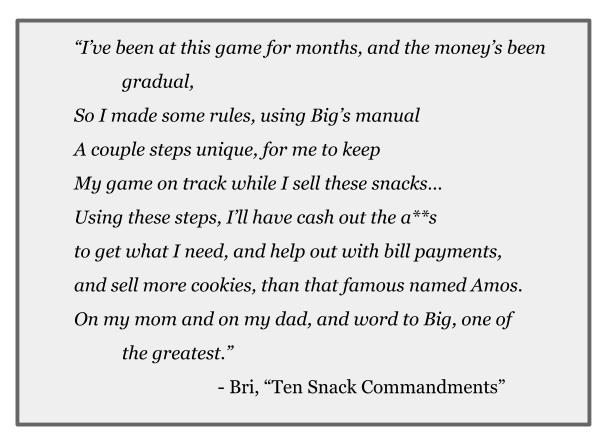
This interchange between of trivial and solemn is a hallmark of Thomas’ writing, a skillfully executed technique that allows the reader to connect with the story by referencing common cultural symbols and connecting them to the weightier themes of the novel. For example, while Bri lives on the east side, considered the safer part of Garden Heights, she drily notes:
The real-world existence of Bri’s continual references only serve to verify the narrative in the reader’s mind. Details both small and important, from her Pink Pursuit lip gloss and her love for Black Panther, to crucial ones, like the universal rules for walking into a store and avoiding suspicion on the basis of her race and the shooting of an unarmed teenager a couple blocks from her grandparent’s house make the story seem more legitimate. The latter example was a clear reference to the central plot of The Hate U Give and a nod to the problem of police brutality and the abuse of power, especially against young and underprivileged people like her, that we too often hear about today.
The tensions that circulate through her life erupt at school, where a minor incident escalates into a charged altercation, on the basis of Bri’s race and reputation as a “hoodlum.” Still reeling from the consequences, Bri pours her rage into a song that she uploads to the (fictional) online streaming service DatCloud—a clear nod to SoundCloud, today’s service of choice for up-and-coming rappers. After her song gains popularity, but the lyrics are misinterpreted and thanks to her background and the bad reputation of rap music, Bri is perceived as a “ratchet hood rat role.” Now in the limelight, all of Bri’s actions are under scrutiny, and she must navigate the people who try twist her dream—to reach stardom and support family—to their own advantage.
While On the Come Up is about the trajectory of a rising star, it is also a familiar coming-of-age tale that not-so-subtly deals with the racial profiling, poverty, drug abuse, and discrimination that are prevalent today. This unique analysis is what makes this book, in my opinion, such an important read. We are all witnesses to current events in communities across the country, and we are all affected by prejudice, no matter which side we see ourselves on. While not all of us are rappers like her or even share similar backgrounds with Bri, we can all understand her struggle to stand before the world—both tangible and online—and find her voice, her identity, amidst the noise of everyone who thinks they can decide who she is.

